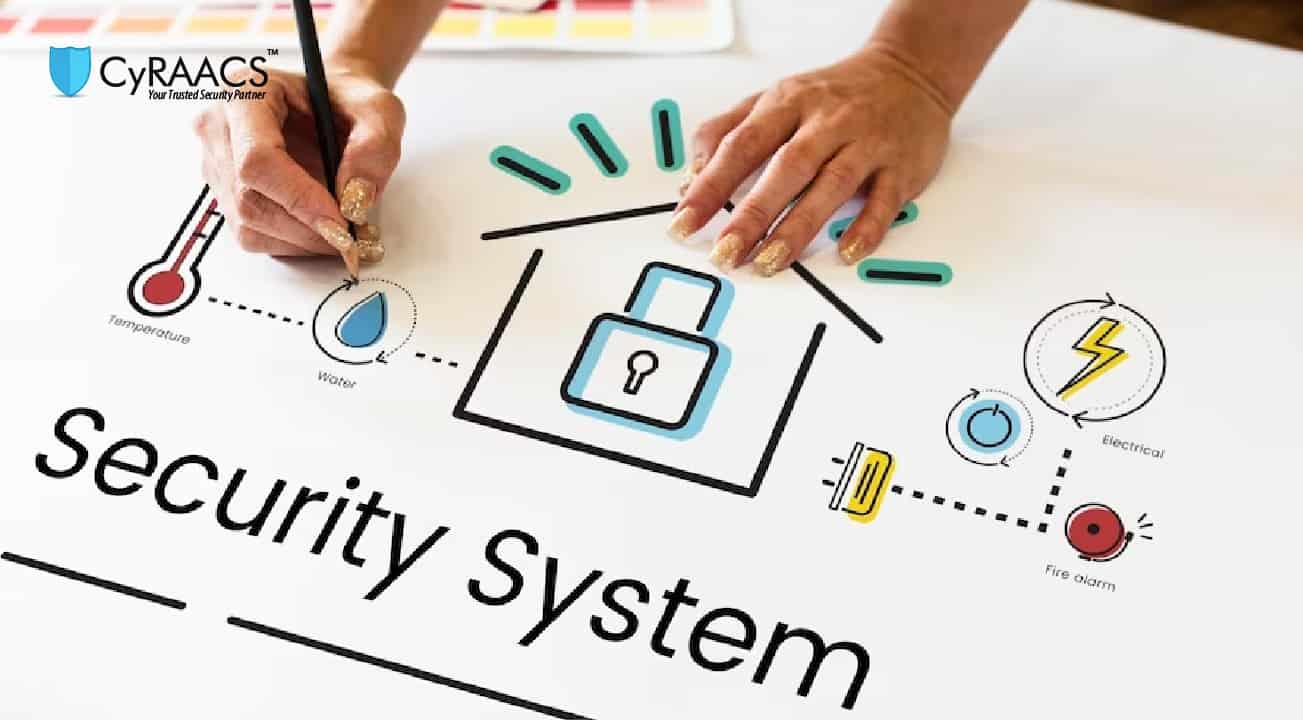The Payment Card Industry Data Security Standard (PCI-DSS) v3.2 is a set of requirements designed to ensure that all companies that process, store, or transmit credit card information maintain a secure environment. This data security standard is applicable to all organizations that handle cardholder information, regardless of their size or number of transactions. PCI-DSS v3.2 requires organizations to implement a number of security measures, such as encryption, firewalls, and vulnerability scans. These requirements include creating a secure network, protecting cardholder data, maintaining a vulnerability management program, implementing strong access control measures, regularly monitoring and testing networks, and maintaining an information security policy.










